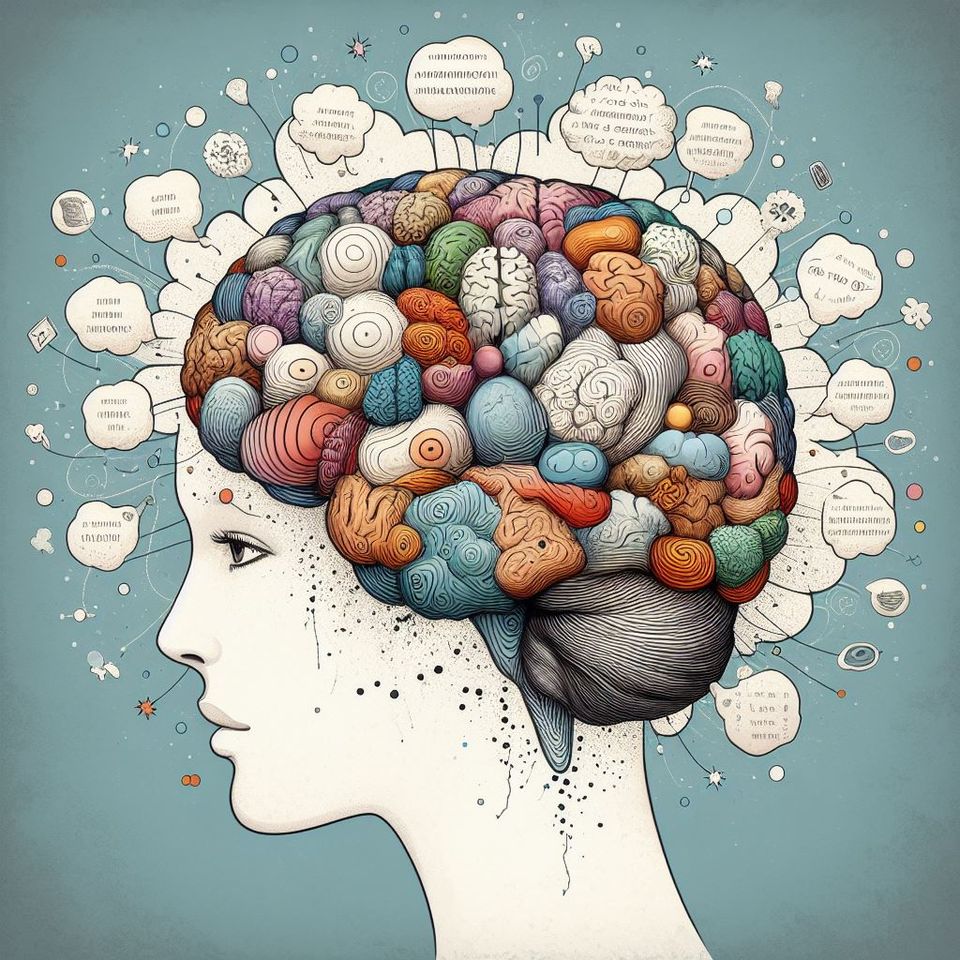The Art of Reading and Learning in Neuroscience

Hey Neurons,
As a PhD student, one of the most crucial tasks on our academic journey is to keep up with the latest literature and continue expanding our knowledge. In my field of computational psychiatry and neuroscience, the aim is to delve deep into the intricacies of various psychiatric disorders at the individual level, using neuroimaging and genetic markers as key tools in our research.
A good scientist never stops learning, and I find that setting little challenges for myself is a great way to stay motivated. For instance, I occasionally challenge myself to read a chapter a day from a book or to dive into a paper on a topic that truly captivates me.
This week, I'm excited to share my latest reading challenge with you. I've set a goal to read one chapter a day of the book "Machine Learning for Brain Disorders." It's an in-depth exploration of the intersection of machine learning and the complex world of brain disorders. By setting this challenge, I aim to not only stay updated in my field but also to push myself to explore new horizons within computational neuroscience. If you want you can join me on the challenge!
Moreover, I advocate for reading beyond the confines of academic literature. In my free time, I like to explore books that touch upon mental health, neuroscience, and psychology. Here are three recommendations I'd like to share with you if you're looking for inspiring reading material in these realms:
- "The Urge: Our History of Addiction" - This book takes a deep dive into the complex and fascinating history of addiction. It is written by a psychiatrist who has struggled with addiction during their lifetime. It's a thought-provoking exploration of how addiction has evolved over time and the profound impact it has on individuals and society as a whole.
- "Hidden Valley Road: Inside the Mind of an American Family" - A remarkable work that delves into the intricacies of a real American family with six of their twelve children diagnosed with schizophrenia. This book not only explores the personal struggles of the Galvin family but also sheds light on the broader understanding of mental health and its challenges.
- "Maybe You Should Talk to Someone" - An insightful and often funny exploration of therapy from the perspective of both a therapist and a patient. This book provides a unique glimpse into the world of psychology and the profound ways in which therapy can transform lives.
So, fellow neurons, I encourage you to set your reading challenges, whether they be academic chapters or inspiring books that open new doors of understanding. Let's continue to grow and evolve, as researchers and individuals.
Happy reading, and stay curious!